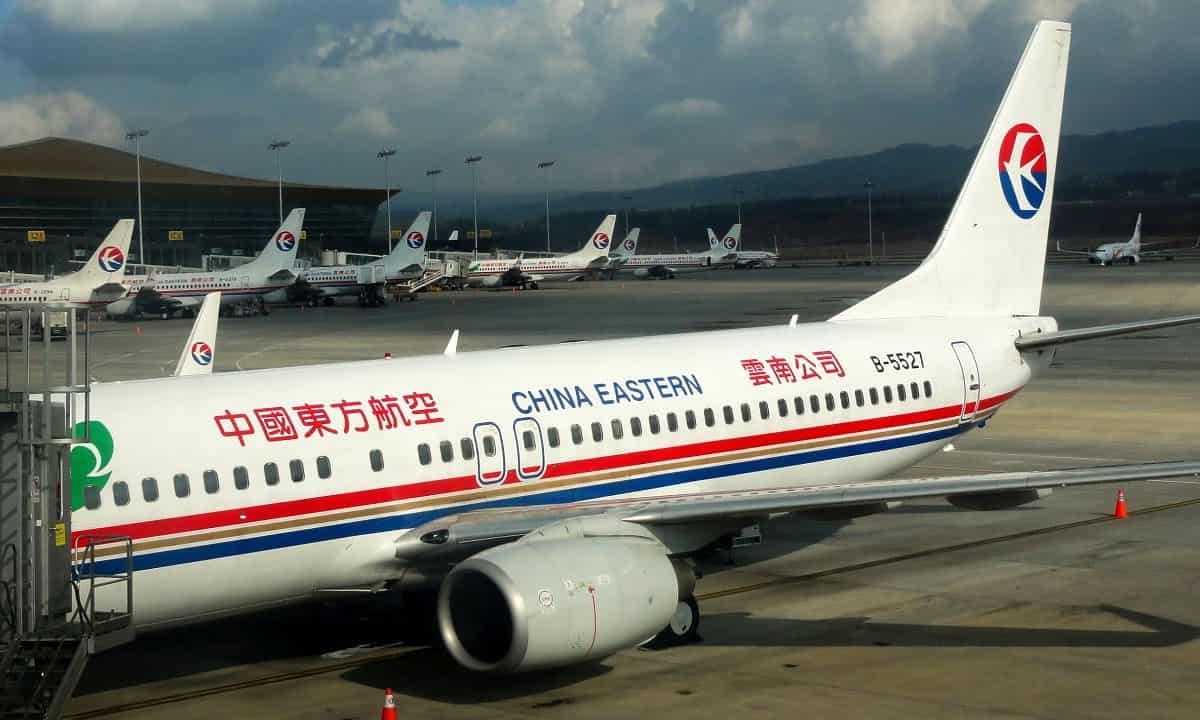Tourism crises have a knack of occurring from the most unlikely causes in the most unlikely places. Many tourism professionals could be forgiven for finding it difficult to imagine that the eruption of a volcano in the relatively isolated island nation of Iceland could wreak the immense havoc on global tourism which has been experienced over the past few days.
Not since 9/11 (2001) have so many aircraft been grounded in as many countries as we are experiencing in mid April 2010. Unlike acts of man, nature has its own set of rules and air travel to and from and within Europe could be disrupted for periods ranging from a few days to a few weeks, subject to the caprices of an Icelandic volcano and eruptions which could easily be generated by nearby volcanos. Andrew Bell, a geologist at the University of Edinburgh was reported in The Independent suggesting that the current eruption could lead to an eruption of the larger neighbouring Volcano, Katia
The immediate response of many airlines to the eruption and its disruption to air services, to , from and within Europe has been creditable and responsible. Most carriers have implemented flexible policies towards their cancellation and schedule change policies and rules for affected passengers. The closure of airports in Northern Europe and the mass cancellation of flights to areas affected by volcanic ash has been unavoidable. The very real risk of airlines being affected by volcanic ash and dust is too great to compromise the safety of passengers or crews. Clearly the business impact on many airlines, struggling to recover from the financial black hole which was the Global Financial Crisis will be significant. The impact on long-haul air service to and from northern Europe and the rest of the world will be considerable if flight disruptions are short term and catastrophic if they are long term.
Intra- European travellers do have land transport options. Fast train services, ferries, coaches, regular rail, private and rented vehicles all present ready alternatives to air travel within Europe and early reports confirm that many intra – European travellers have quickly switched to alternative modes of transport for the business or holiday travel arrangements.
The current situation presents several key issues for the global travel industry to address:
The insurance implications are significant. Most travel insurance companies do not cover “acts of God” or for the atheists acts of nature. There is a compelling case to suggest that if insurance companies were obliged to cover the costs to airline passengers and carriers arising from the Icelandic volcanic eruption they would be out of business. However, it may be possible (as was the case following acts of terrorism in 2001 and 2002) for travel insurers to assess coverage on a case by case basis or to offer optional higher premium coverage. In the current situation, many airlines have provided affected passengers with some options to re-schedule or re-route. In contrast, most insurance companies have had difficulty in proposing a cogent course of action in dealing with this issue.
Emergency transferablity and linkage of airline tickets to other modes of transport. The Icelandic eruption presents a possibility of introducing a concept of airline tickets being transferable for rail, coach or ship transport in the event of an emergency situation. Naturally transferability can work in both ways. During the severe European winter of 2009/10 many Eurostar passengers were unable to travel because the line had frozen over. Had the option been available of transferability to airlines the disruption to affected passengers may have been reduced. This concept may not be much help to long haul travellers but could assist short haul travellers.
Applying the concept for long haul travellers, flights to parts of Europe unaffected by the volcanic ash could then be linked with land or sea transport options. Clearly this option involves many operational problems but if airlines and land transport operators could reach an agreement, this could be a viable contingency measure which could be used in any event of major transport disruption.
Co-operation between the tourism industry leadership, vulcanologists and other experts in the fields of geological and climatological phenomenon . The tourism industry and especially airlines have been significantly affected by the Icelandic volcanic eruption. There have been many cases in recent years in which airlines have experienced crashes and near misses as a consequence of volcanic eruptions. Natural disasters of all types continue to have a significant impact on tourism globally. Conferences and briefings involving tourism risk management specialists and specialists with expertise in the fields of the many forms of natural disaster should be an ongoing process.
The Author is a Senior lecturer in Tourism at the University of Technology-Sydney
WHAT TO TAKE AWAY FROM THIS ARTICLE:
- Unlike acts of man, nature has its own set of rules and air travel to and from and within Europe could be disrupted for periods ranging from a few days to a few weeks, subject to the caprices of an Icelandic volcano and eruptions which could easily be generated by nearby volcanos.
- Many tourism professionals could be forgiven for finding it difficult to imagine that the eruption of a volcano in the relatively isolated island nation of Iceland could wreak the immense havoc on global tourism which has been experienced over the past few days.
- Andrew Bell, a geologist at the University of Edinburgh was reported in The Independent suggesting that the current eruption could lead to an eruption of the larger neighbouring Volcano, Katia.






















